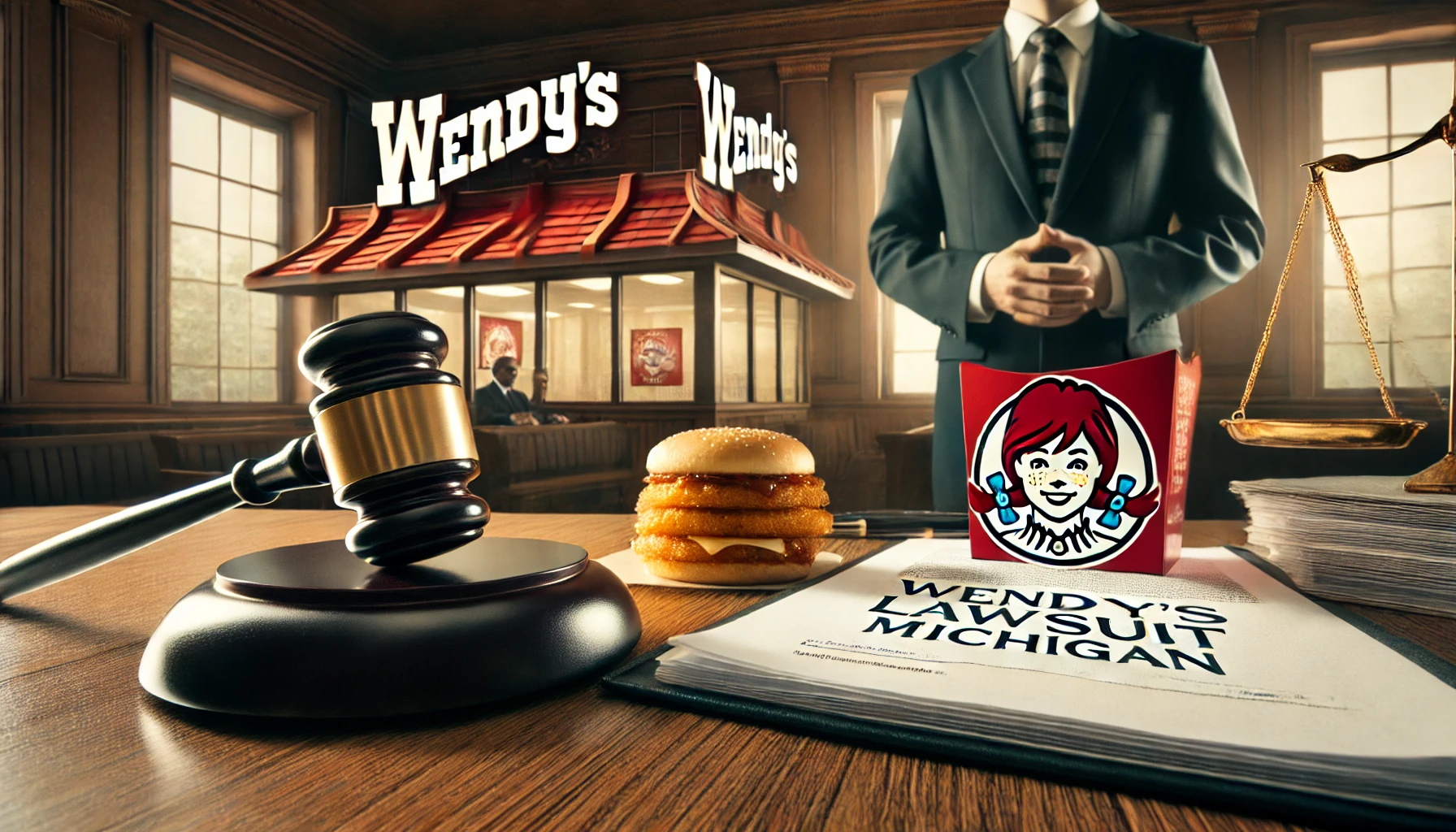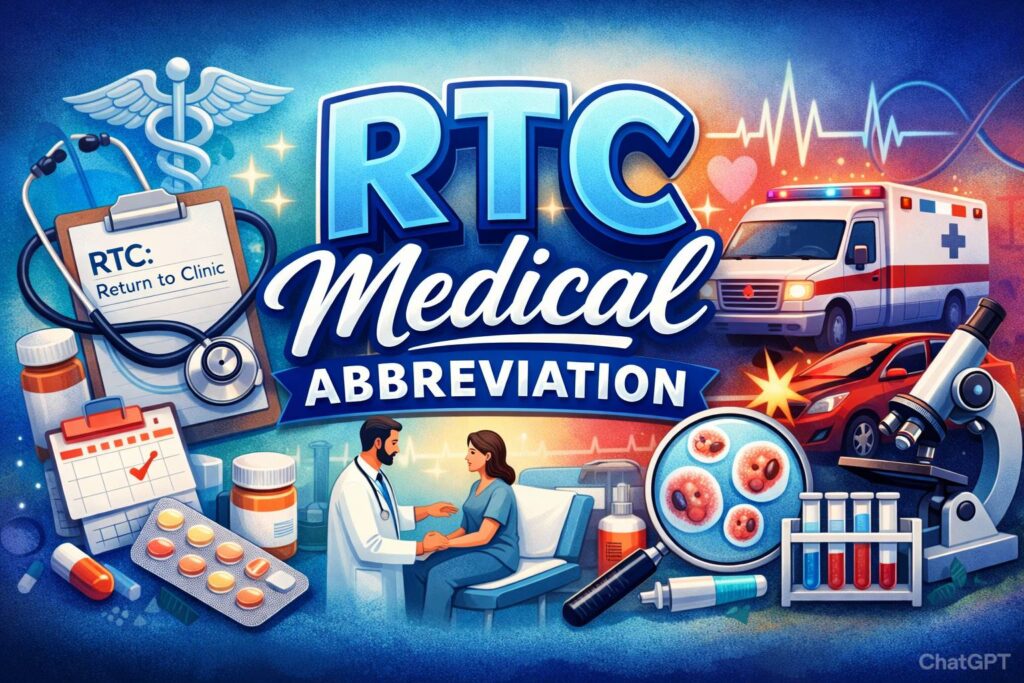Wendy’s Lawsuit Michigan: How a Family’s Fight for Justice Could Change Restaurant Hygiene Laws

Wendy’s is one of the largest fast-food chains in the United States. Known for its burgers, fries, and signature Frosty, it has a strong presence across the country. However, food safety concerns have sometimes put the brand in the spotlight.
Recently, Wendy’s lawsuit Michigan has raised major concerns about food safety in fast-food restaurants. The lawsuit involves a young girl who fell seriously ill after consuming food from a Wendy’s location in Jenison, Michigan. The case has drawn significant public attention due to the severity of the child’s illness.
The lawsuit accuses the franchise owner, Meritage Hospitality Group, of negligence in maintaining food safety standards. The family is seeking $20 million in damages, arguing that Wendy’s failed to prevent the contamination that led to the child’s sickness.
This case has highlighted the importance of restaurant hygiene and food handling procedures. Many customers are now questioning whether fast-food chains are taking adequate precautions to prevent foodborne illnesses.
Background of the Case
The case began when an 11-year-old girl from Michigan developed severe health complications after eating at a Wendy’s restaurant in Jenison, Michigan. She was later diagnosed with E. coli infection, which led to life-threatening conditions.
Doctors confirmed that the child suffered from hemolytic uremic syndrome (HUS), a serious disease that affects the kidneys and other organs. This condition caused severe damage to her kidneys, pancreas, and brain, leading to seizures and partial paralysis.
Following the incident, the Ottawa County Health Department conducted an inspection of the Wendy’s location. Their report found major health violations, including dead pests, spoiled food, and improper food storage. These conditions raised concerns about the overall hygiene of the restaurant.
The child’s family believes that Wendy’s failed to ensure a safe dining environment. As a result, they filed a $20 million lawsuit, demanding justice for the child’s suffering and medical expenses.
Health Impact of the Incident
The 11-year-old girl’s condition was so severe that she required extended hospitalization. She had to undergo multiple medical procedures, including dialysis for kidney failure. Doctors also had to monitor her neurological health due to seizures.
Due to the brain damage caused by the illness, the child experienced partial paralysis. Her ability to move and perform daily activities was significantly affected. Specialists have warned that she may suffer from long-term complications, including permanent organ damage.
The financial burden on the family has been enormous. The cost of hospitalization, specialized treatments, and rehabilitation has been overwhelming. The lawsuit seeks compensation to cover these medical expenses, pain, and emotional suffering.
Comparison of Health Risks from E. Coli Infections
| Health Condition | Symptoms | Possible Long-Term Effects |
| Kidney Failure | Severe dehydration, swelling | Permanent kidney damage |
| Hemolytic Uremic Syndrome (HUS) | Anemia, fatigue | Chronic kidney disease |
| Brain Damage | Seizures, confusion | Learning difficulties, paralysis |
The family’s struggle has brought attention to the dangers of foodborne illnesses, especially in young children. Many are now questioning whether Wendy’s and other fast-food chains are doing enough to prevent such risks.
Legal Allegations Against Wendy’s
The lawsuit claims that Wendy’s failed to ensure proper food safety at the Jenison location. The family’s legal team argues that the restaurant did not follow basic sanitation and food handling rules.
According to the Ottawa County Health Department, the restaurant had a history of food safety violations. Inspections revealed the presence of pests, improper food storage, and a lack of cleanliness in food preparation areas.
The lawsuit holds Meritage Hospitality Group, the franchise owner, responsible for the incident. The legal claim argues that better management and strict food safety checks could have prevented the contamination that led to the young girl’s illness.
Wendy’s has not yet admitted liability in the case. The company may argue that the E. coli infection could have come from another source. However, health reports and legal experts believe that the evidence points directly to the food served at the Jenison Wendy’s location.
Legal Actions and Possible Outcomes
The lawsuit seeks $20 million in damages, covering medical expenses, future healthcare costs, and emotional suffering. The family is also demanding stricter food safety measures at all Wendy’s locations.
Legal experts suggest that Wendy’s may attempt to settle the case outside of court to avoid further negative publicity. If the case proceeds to trial, a court ruling could force Wendy’s to pay the full compensation or introduce new safety policies.
The outcome of Wendy’s lawsuit Michigan could set a precedent for future food safety lawsuits. If the family wins, other customers who have suffered from foodborne illnesses may also take legal action against restaurants.
Many health advocates believe that this case highlights the need for stricter restaurant inspections. If fast-food chains do not improve their hygiene standards, they could face more lawsuits and financial losses in the future.
Public Reactions and Media Coverage
The lawsuit has gained widespread media attention, with many news outlets covering the case. Consumers have expressed concerns about food safety, and some have called for a boycott of Wendy’s until stricter hygiene measures are implemented.
On social media, many people have shared their own negative experiences with fast-food hygiene. Some customers have posted pictures of unclean Wendy’s locations and complained about poor food handling practices.
Health organizations are now urging stricter food safety regulations for all restaurants. Some experts suggest that fast-food chains should increase staff training, improve cleaning procedures, and conduct regular inspections to prevent similar incidents.
Wendy’s reputation has been affected by this lawsuit. If the company does not address food safety concerns, it could lose customer trust and experience financial losses due to declining sales.
Conclusion
The Wendy’s lawsuit Michigan case is a wake-up call for the fast-food industry. It highlights the serious risks of poor food handling and the devastating effects it can have on customers.
For the young girl involved, the road to recovery remains long and uncertain. Her family continues to fight for justice, hoping that Wendy’s will be held accountable for the serious health consequences caused by their negligence.
This lawsuit could lead to significant changes in food safety policies across the industry. If Wendy’s and other chains fail to improve, they may face more lawsuits, government fines, and loss of customer trust in the future.
Ultimately, food safety must be a top priority for all restaurants. Customers deserve to eat without fear of life-threatening illnesses, and companies must take responsibility to ensure that their food is safe.
FAQs
What is the Wendy’s lawsuit Michigan about?
The lawsuit involves an 11-year-old girl who fell seriously ill after eating at a Wendy’s in Jenison, Michigan, allegedly due to E. coli contamination.
How much compensation is the family seeking in the lawsuit?
The family is demanding $20 million in damages, covering medical expenses, future healthcare costs, and emotional suffering.
What health issues did the child suffer from?
She developed hemolytic uremic syndrome (HUS), leading to kidney damage, seizures, and partial paralysis, requiring extensive medical treatment.
What food safety violations were found at the Wendy’s location?
Health inspections revealed dead pests, spoiled food, and improper food storage, indicating serious hygiene issues at the restaurant.
How has Wendy’s responded to the lawsuit?
Wendy’s has not admitted liability yet but may settle or face court action, which could impact its food safety policies nationwide.



























































































































































































































































































































































































































































































































































































































